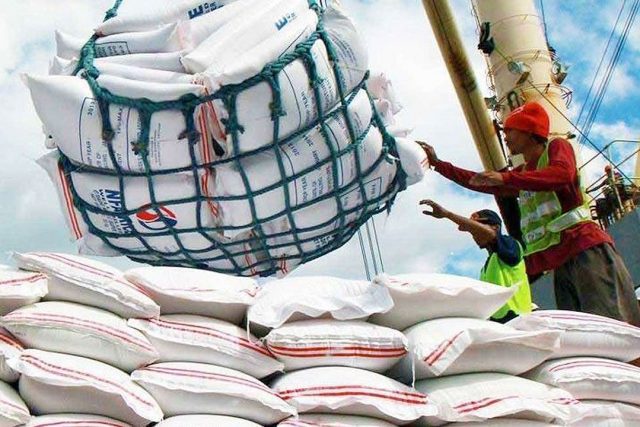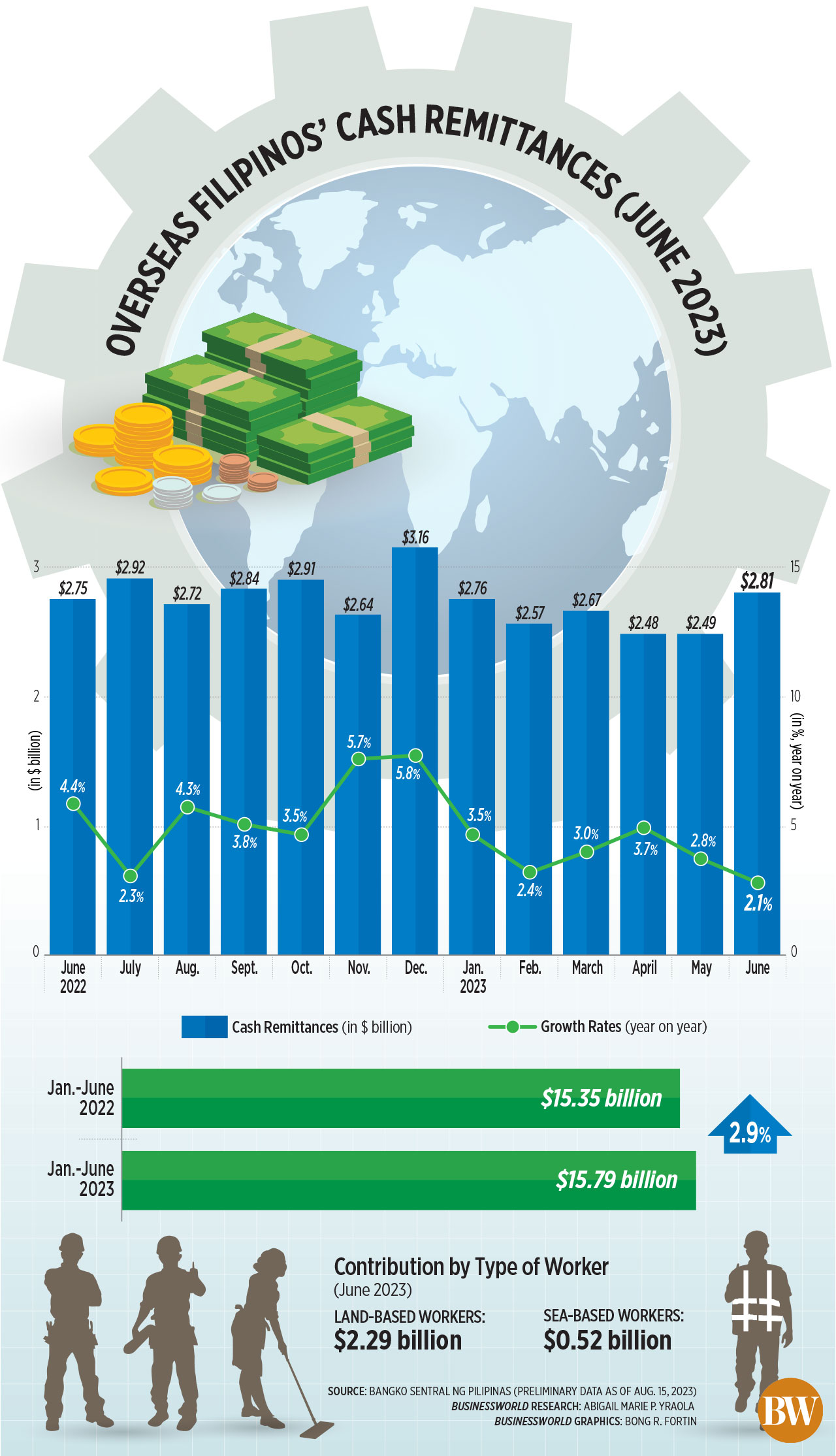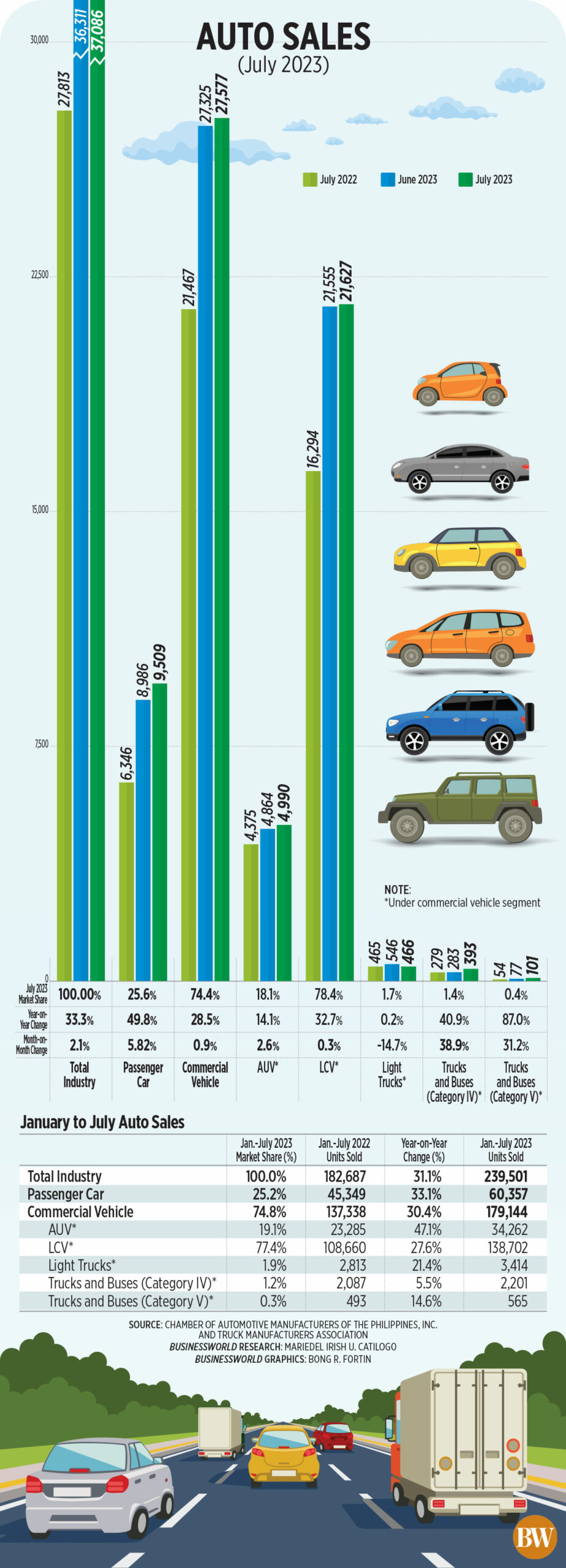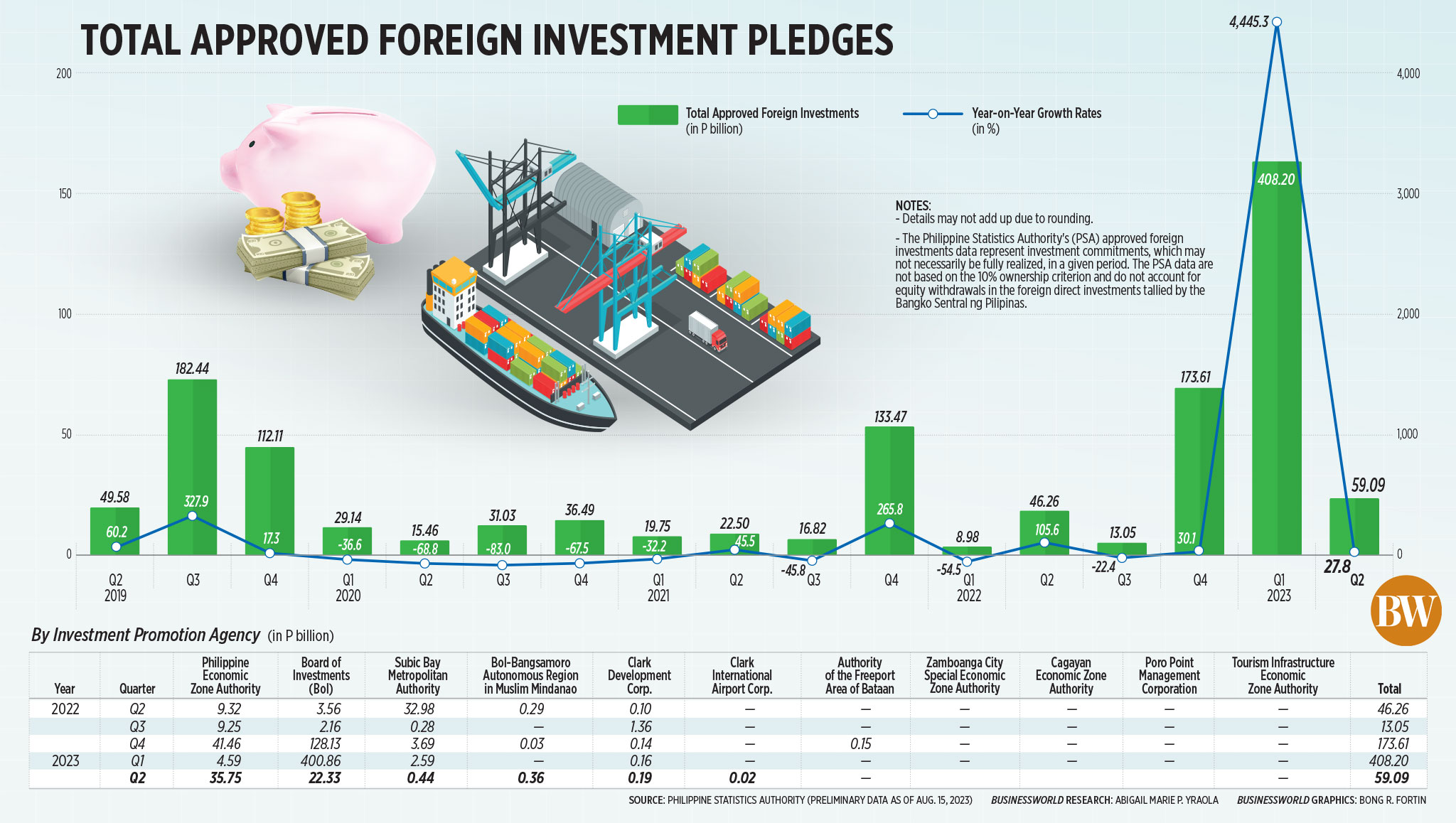China military action to US stopover would be election interference, Taiwan VP says

TAIPEI — Any Chinese military action in response to stopovers in the United States by Taiwan Vice President William Lai would be an attempt by China to interfere in the island’s elections, Lai said during a trip to Paraguay.
Taiwanese officials say China could launch military drills this week, using Lai’s stopovers in the United States as a pretext to intimidate voters ahead of an election next year and make them “fear war”.
China, which claims Taiwan as its own territory, has a particular dislike of Lai who has in the past described himself as a “practical worker for Taiwan independence”. He is the front-runner to become the next president in January’s election.
Speaking to reporters on Tuesday in Paraguay, where he arrived via New York, Lai said such U.S. transits were routine and China had no cause to use them as an excuse to “verbally and militarily intimidate Taiwan”, the island’s official Central News Agency reported.
“If China uses the transits as an excuse to again launch verbal and military intimidation or other threatening methods, it just confirms international media reports that China is attempting to intervene in Taiwan’s election with military threats,” the news agency cited Lai as saying.
Lai, however, said he had confidence in Taiwan’s people.
Taiwan’s defense ministry said on Tuesday it had yet to see any large-scale Chinese maneuvres near the island.
In April, China held war games around Taiwan after President Tsai Ing-wen returned from California where she met U.S. House Speaker Kevin McCarthy on her way back from Central America.
China has denounced Lai’s New York stop – he is due in San Francisco on Wednesday on his way back to Taipei – and said he is a separatist “troublemaker”.
Both Taiwan and the United States have sought to keep Lai’s U.S. stopovers low key, and Lai said there were “no special arrangements” to meet with U.S. officials.
China considers Taiwan to be its most sensitive and important political and diplomatic issue, and it is a constant source of Sino-U.S. friction.
Speaking at a conference in Moscow on Tuesday, Chinese Defence Minister Li Shangfu said “playing with fire on the Taiwan issue and vainly trying to ‘control China with Taiwan’ is bound to end in failure”.
Lai has been in Paraguay for the inauguration of its new president. It is one of only 13 countries to maintain formal diplomatic ties with Taiwan.
Lai posted on his Facebook pages pictures of him in Asuncion shaking hands with and chatting to U.S. Interior Secretary Deb Haaland, as well as Spain’s King Felipe VI and Brazilian President Luiz Inacio Lula da Silva, who were there for the same event.
China says Taiwan has no right to state-to-state ties and has been trying to pick off Taiwan’s remaining diplomatic allies. Honduras, once a stalwart friend of Taipei’s, switched ties to Beijing in March. — Reuters














